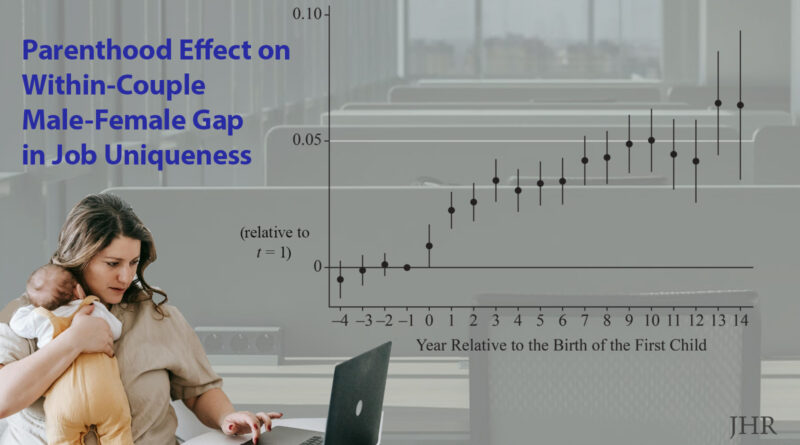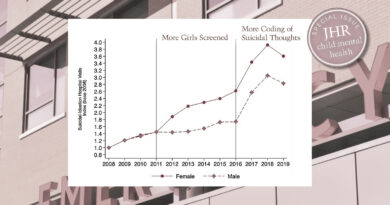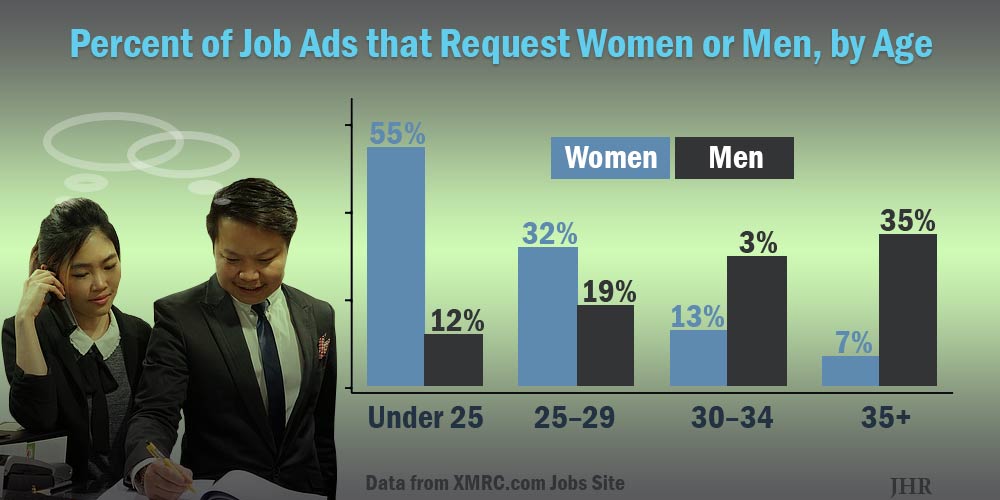Oh No, The Baby’s Sick—Work Presenteeism, Job Substitutability, and Inequality
While there has been a great deal of focus on the role of parental leave or part-time work on persistent gender inequality in the labor market, little attention has been paid to the importance of unpredictable (temporary) work absence—or conversely, the importance of “presenteeism” in the workplace. Production disruption and discontinuous drops in productivity are likely to occur in “unique” jobs, jobs where there are no, or few, close substitutes to the absent employee at the workplace.
Researchers Ghazala Azmat, Lena Hensvik, and Olof Rosenqvist show that both presenteeism and job uniqueness are rewarded in the labor market. Unique jobs are higher paying, more stable, have better wage trajectories, and, at the same time, they also provide higher rewards for presenteeism. Using Swedish register data covering almost the entire Swedish population during 1997–2013, Azmat, Hensvik, and Rosenqvist adopt an event study approach based on changes in within-couple gaps around the birth of the first child.
They find that while there is no gender difference in taking sick leave before the arrival of the first child, after the child’s arrival, women’s presence at work involves more uncertainty—due to a higher incidence of temporary work absence. By around 15 years after the child’s arrival, parenthood reduces mothers’ likelihood of holding a unique job relative to fathers by approximately six percentage points compared to the period before the arrival of the first child.
The figure shows the within-couple gap in uniqueness (father–mother) at a particular event time in Sweden. The first child is born at event time zero. Uniqueness is defined as having fewer than six coworkers in the same occupation. The study controls for time trends, within-couple differences in education, age, and prebirth uniqueness.
This work highlights that the internal organization of the firm can play an immensely important role on the gender gap instigated by parenthood. The researchers find that holding a unique job is not strongly driven by differences in seniority (i.e., holding a managerial position) but instead reflect differences across occupations and firms. The effect of parenthood on the gender gap in holding a unique job is much more pronounced in firms or occupations where the penalty for absence is higher—and less pronounced in firms or occupations where the penalty for absence is lower.
How does this help us understand the “parenthood wage penalty”? This study provides insight into how gender differences emerge as parents sort into and out of jobs that compensate differentially based on the sensitivity of the productivity to presenteeism.
Read the article in the Journal of Human Resources: “Workplace Presenteeism, Job Substitutability and Gender Inequality,” by Ghazala Azmat, Lena Hensvik, and Olof Rosenqvist.
***
Ghazala Azmat is a Professor of Economics at Sciences Po (@ScPoEcon). Lena Hensvik is a Professor of Economics at Uppsala University. Olof Rosenqvist is a Researcher at the Institute for Evaluation of Labour Market and Education Policy (IFAU).




